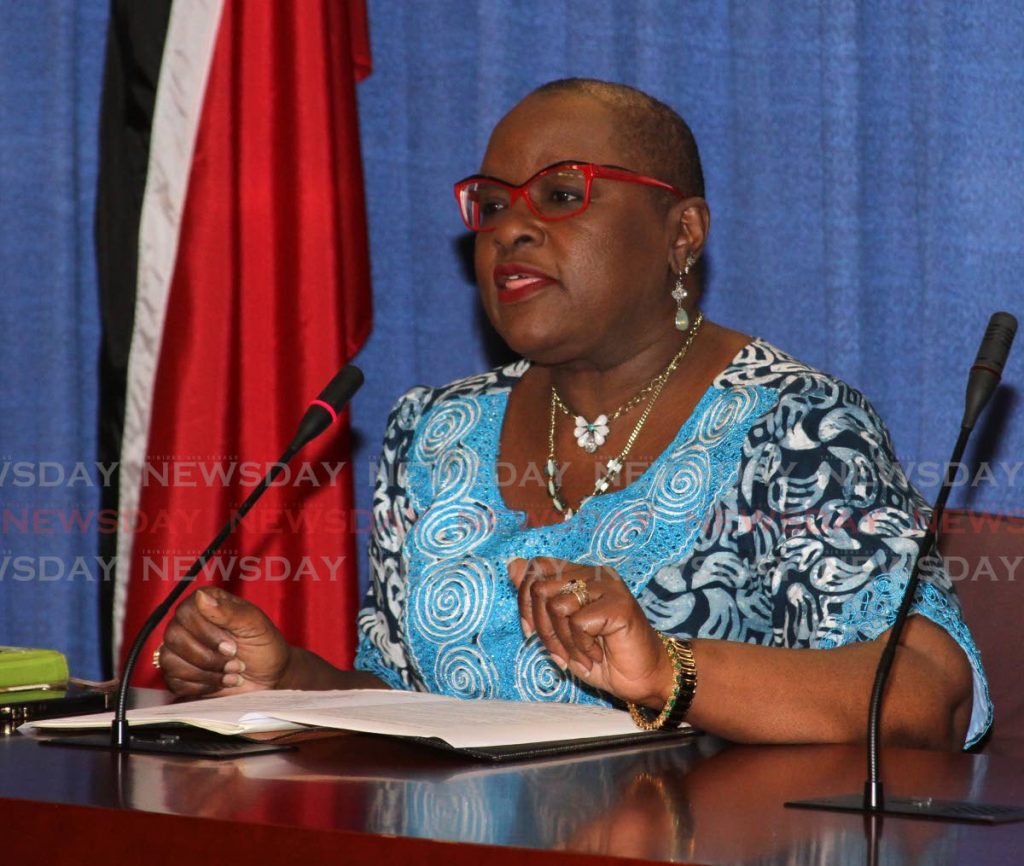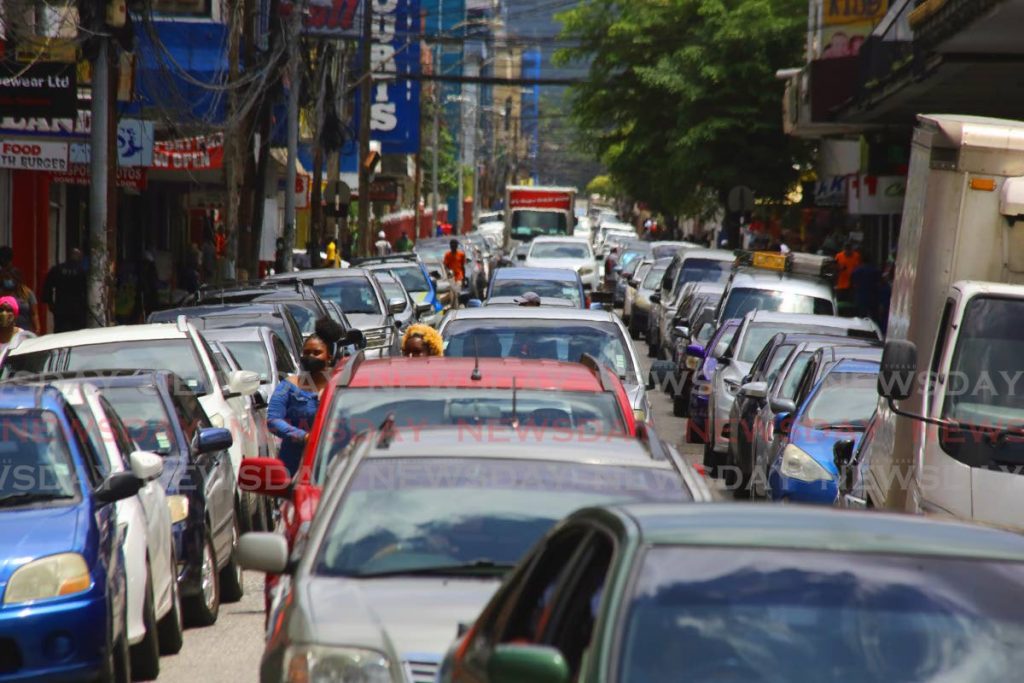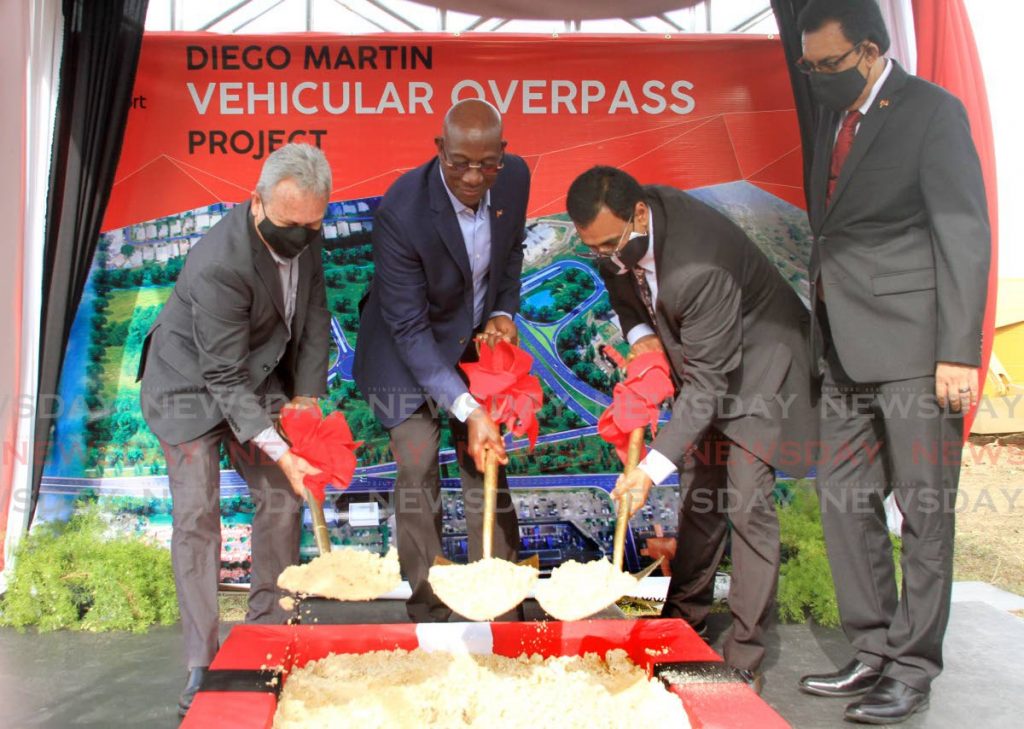Rewrite the planning code, Madam Minister

Over the last five years, there were three key milestones reached in local urban planning. The first was additional amendments to the Planning and Facilitation of Development Act. The second was the passing of the Urban and Regional Planning Profession Act – which lays the groundwork for the regulation of urban planners. The third was the ongoing pilot project for the new automated construction permitting system, DevelopTT.
This last milestone, in particular, is a much-needed and much-welcomed upgrade to the development approval process.
Having recently submitted an application through this automated system, I can say that I am very pleased with the convenience and ease of use so far. Kudos to the project teams at the Town and Country Planning Division (T&CPD) and the Ministry of Trade and Industry, those at other regulatory agencies that contributed, and the IT consultants, Crimson Logic.

As welcome as this new system is, the most critical piece of the puzzle is still missing. Urban planning is ultimately concerned with the socio-economic dynamics and environmental impact of human settlements. Yet we have not adequately addressed possibly the most foundational determinant of success.
Think of the operating systems that control the mobile or PC devices that you depend on every day. In order to achieve the most intuitive functionality, the programmers need to understand and be driven by the needs and thought processes of the end users.
The same is true in urban planning. If those (the programmers) who draft land-use regulations (the programming code) do not consider the needs, realities and behaviours of the public (end users), then the built environment around us (the electronic device) will function and feel outdated, sloppy and unmanageable – that is, no one will want to use it.
We must rewrite the code. The regulations that the T&CPD uses to set the parameters for land development need to be overhauled, taking into account public needs and environmental realities – a point that I have stressed ad nauseam in this column over the last two years.
The current covid19 pandemic should be a revelation for us all. The three major pre-existing conditions that render us most vulnerable to severe and fatal outcomes from this and other viruses are obesity, diabetes and heart disease. No doubt diet plays a key role in all three, but so too does physical activity.
Yet we continue apace to construct an environment that encourages physical inactivity by way of automobile dependence. Think of the recently announced new Diego Martin Overpass, which will only turn the environment there into more of an “automobile sewer.”

People who live in sprawling suburban environments walk less and tend to be more physically inactive than their counterparts in walkable neighbourhoods.
The second revelation should be the economic collapse brought about by lockdowns in an attempt to “flatten (or apparently now eliminate) the curve.”
Those already least able to support themselves – the poor, the young and otherwise vulnerable – will continue to bear most of the burden of these choices. Getting the economy jumpstarted is not just a matter of dollars and cents and economic gain, it is a matter of life and death for everyone, except the economic elites, and those in permanent, union-protected or otherwise stable employment.
We cannot afford to go another five years with pro-suburban, automobile-centred land-use regulations that make us even more dependent on imported vehicles (consuming US$500 million of scarce foreign exchange in 2017 alone); leave households even more indebted to the income-devouring costs of car ownership, maintenance and insurance; unnecessarily stymie construction activity (and therefore economic activity) in urban centres; and constrict the supply of housing (leading to higher prices) in a time of imminent unprecedented socio-economic upheaval.
Much work was done, from September 2016-May 2018, on getting us closer to overcoming these hurdles. And, like recently concluded reforms in Portland, Oregon and current efforts in the UK, this work was done in a collaborative spirit with local planners and architects in the private sector and other state agencies, and was intended to include a public participation component. That work, a new form-based zoning code, has since been shelved.
If the solution to addressing this problem is the continued tinkering of existing regulations, without fundamental reassessment of the underlying development ideologies and paradigm, then we may be creating even more problems than we solve.
If the response – as has been the trend – is to simply allow for more intensive use of land (higher densities and building heights), while adhering to existing parking requirements, making it difficult to efficiently develop small urban lots, and not simultaneously including urban design considerations that ensure pedestrian-friendliness of the public sidewalk, then we will only succeed in creating more densely populated, yet still auto-dependent communities.
In other words, potentially even more vehicular congestion, increased prevalence of lifestyle diseases, increased leakage of foreign exchange, and even more cost-burdened households.
Ryan Darmanie is a professional urban planning and design consultant, and an avid observer of people, their habitat, and the resulting socio-economic and political dynamics. You can connect with him at darmanieplanningdesign.com or e-mail him at ryan@darmanieplanningdesign.com


Comments
"Rewrite the planning code, Madam Minister"